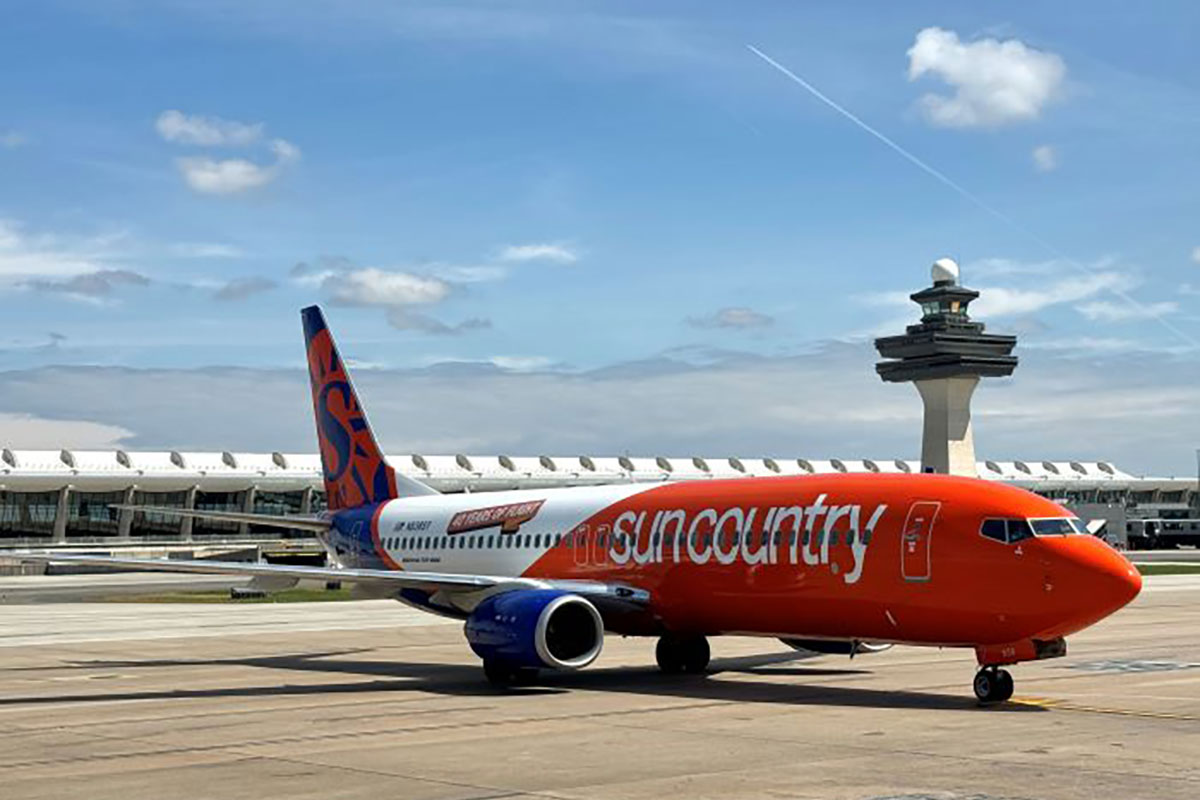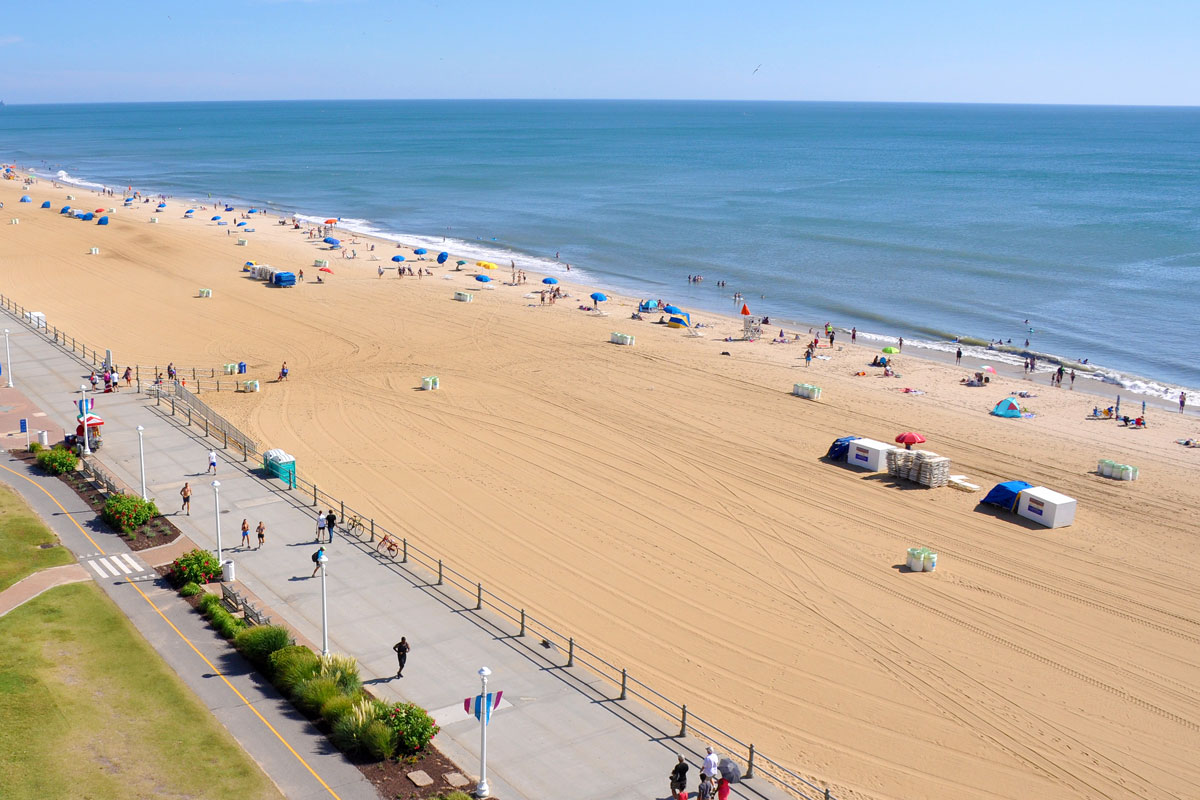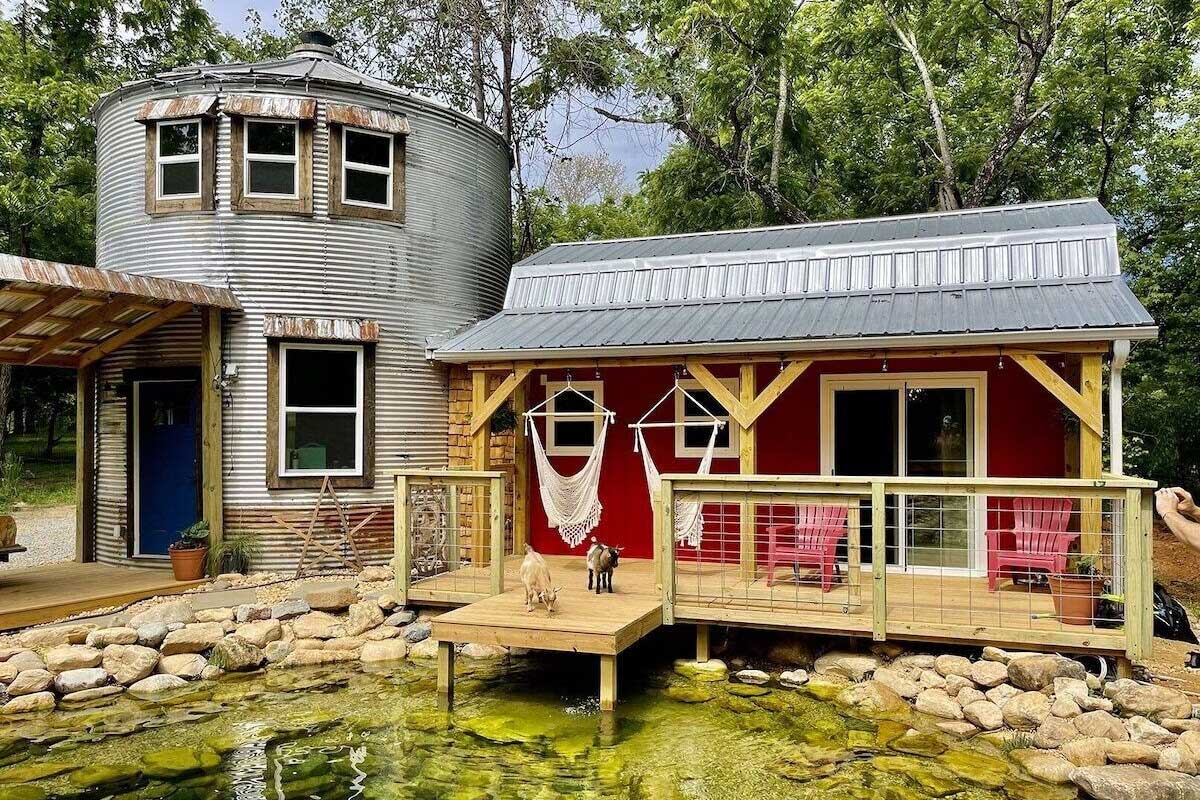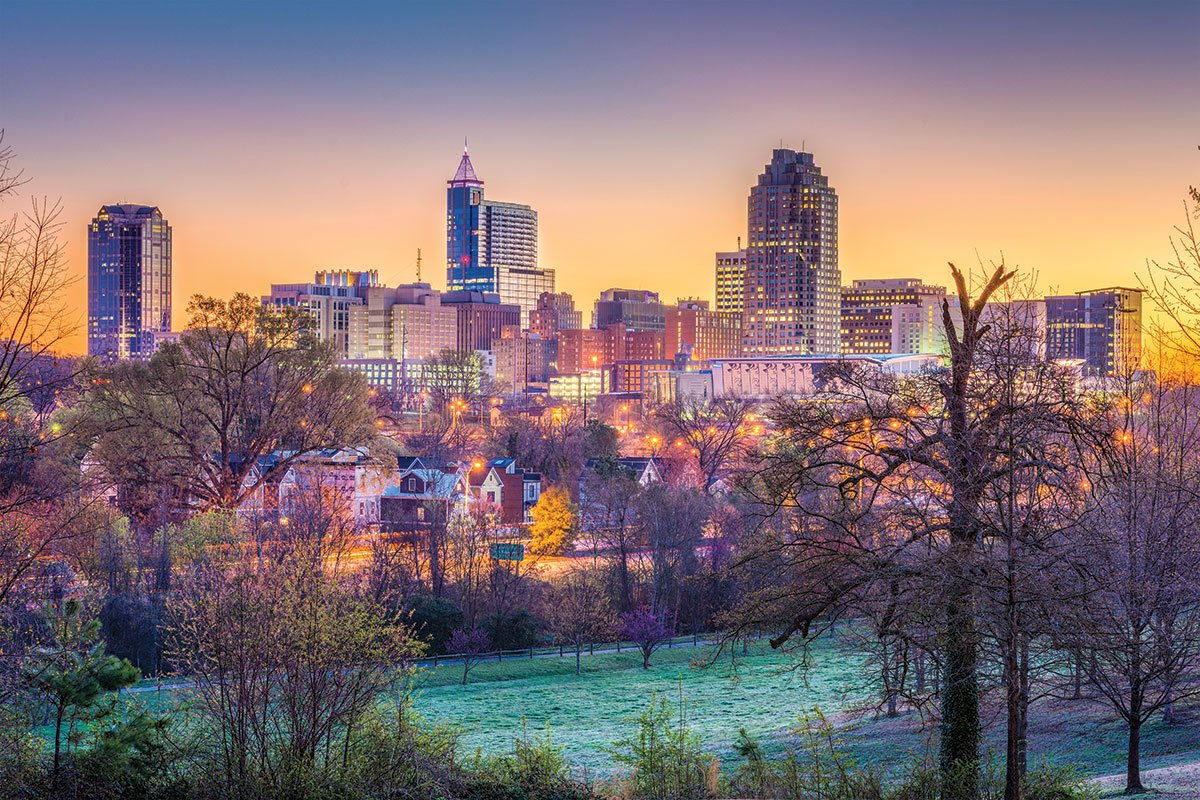
North Carolina’s capital city is an under-the-radar destination, but its time is now. Youthful entrepreneurs from the area’s prestigious colleges are moving there permanently, and Raleigh’s bountiful brain trust helps explain why Travel & Leisure named it one of America’s Geekiest Cities. Forward-thinking business owners infuse new energy into neighborhoods, and Raleigh’s neglected factories and warehouses are transformed into galleries, restaurants and boutiques. And did someone say craft beer? Raleigh has 25 local breweries and a bar with the world’s record for the most taps.
When my family hit the road to look at colleges, we headed to Raleigh, a city adjacent to three esteemed universities: Duke University, the University of North Carolina and North Carolina State. We knew Raleigh was the hometown of Washington Wizards star John Wall, but we didn’t know much else. So it was to our surprise to find that Raleigh is seriously cool.
Loren Gold is executive vice president of Visit Raleigh, the city’s convention and visitor’s bureau. Hailing from McLean and later Loudoun County, he likes to compare Raleigh to Northern Virginia several decades ago: “Raleigh is like Northern Virginia where I grew up, both from a topography standpoint and culturally. It’s a community and a state capital, so we have public sector workers, tech companies and lots of law firms here. Its location in Central Piedmont makes it similar, too—like Northern Virginia, we’re just two hours from the coast and three hours to the mountains.”
The city is in the top three for having the most undergraduate degrees, and there’s a strong appreciation for the arts and creative classes. Gold says, “The state has a strong agricultural history, but today the biggest industries are centered around the University system and STEM-related industries. It’s also an inclusive city with collaborative businesses and very celebratory. We have a lot of festivals.” Gold mentions how Raleigh becomes a roving party on First Fridays, and the Brewgaloo NC Craft Beer Festival (shoplocalraleigh.org/brewgaloo), held in mid-April, features 105 breweries and 50 food trucks, making it the largest craft beer festival in the South. The city’s ultimate event is the annual Wide Open Bluegrass Festival (wideopenbluegrass.com) in late September. “It’s the largest urban bluegrass festival in the U.S.,” Gold adds.
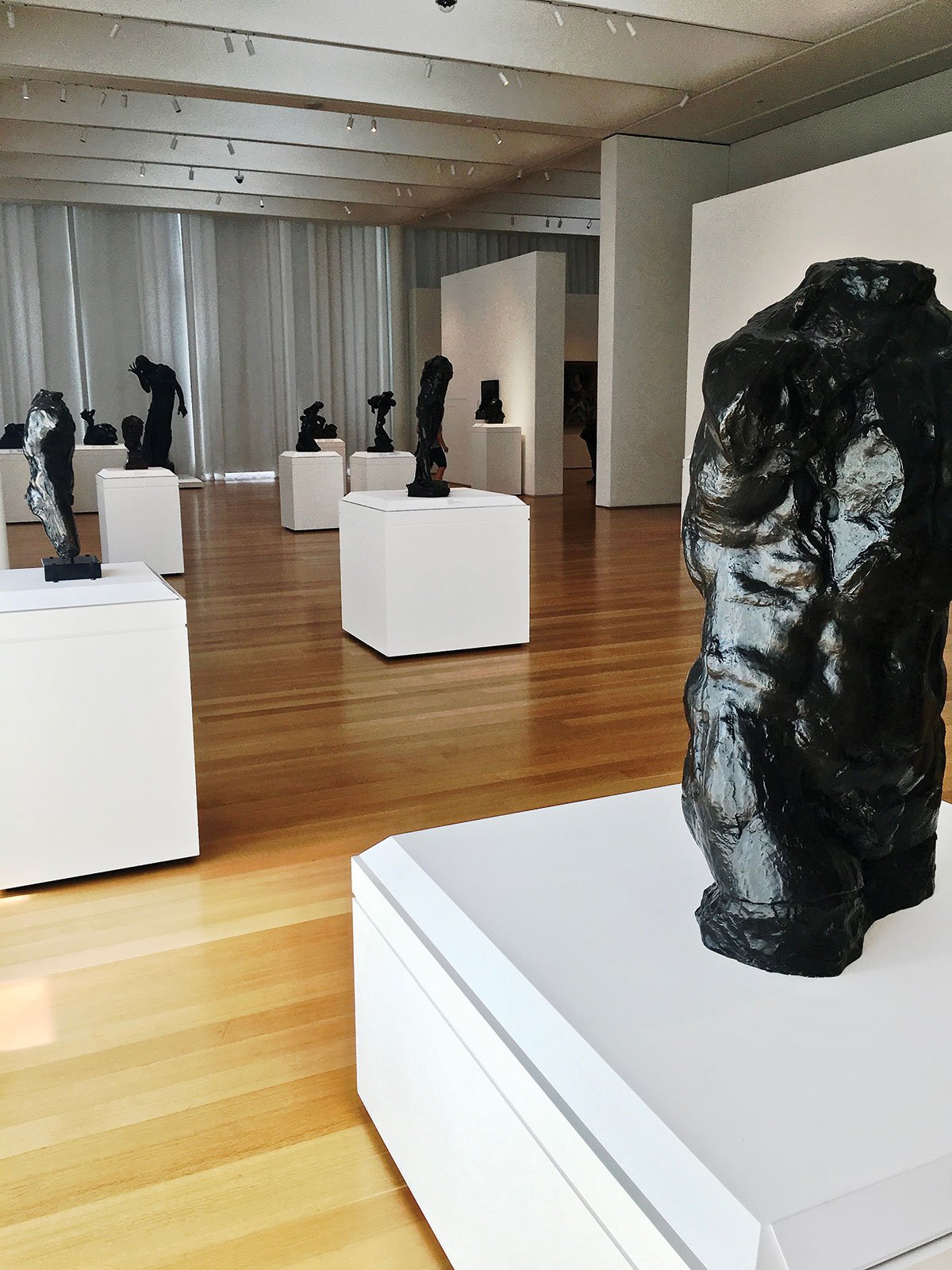
After spending a few days visiting, I came away thinking, I could live here. Besides the glorious lack of traffic and fierce competition from dozens of standout museums, Raleigh Beer Garden (614 Glenwood Ave.) was the highlight for me. Built in a two-story Victorian residence with a giant oak tree planted in the middle of the patio, the Raleigh Beer Garden has 366 taps, tasty pub food and a twinkling view of the city skyline. It’s in the Guinness Book of World Records for having the most beer taps in the world and is the perfect place to sample obscure international beers as well as North Carolina’s best brews.
Food is practically a religion in Raleigh. One of the city’s favorite barbecue restaurants is The Pit Authentic Barbecue (328 W. Davie St.) in a restored 1930s meatpacking warehouse. Owner Greg Hatem came to the area as a student at North Carolina State (locals call it State) and founded Empire Eats, where he helped drive the movement to revitalize downtown Raleigh. Carolina-style barbecue requires pit-cooking the whole hog and then infusing smoky pork butt with vinegar and pepper. Executive chef Melania Dunia’s ribs reigned victorious in a contest with Food Network star Bobby Flay. North Carolina has been a top producer of pork since the 1700s, according to Gold.
Along with iconic barbecue, a diverse population of immigrants has introduced cooking from their homelands, and Raleigh residents have embraced them. One of the most admired is Bida Manda (222 S. Blount St.), a restaurant founded by Van Nolintha, a Laotian immigrant who moved to North Carolina with his sister when they were kids. Nolintha opened his restaurant with a high degree of reverence for his family and hands-on help from local restaurateurs. “There’s a natural sense of optimism in Raleigh,” Nolintha says. “We are fortunate to live in a community where people care so much about each other and constantly lift each other up. Everybody is ready to rally around an idea that is authentic and genuine.”
After graduating from State with a design degree, Nolintha debuted recipes from his native land at Bida Manda. He then applied his culinary chops and design know-how to open Brewery Bhavana (218 S. Blount St.), a unique combination of bookstore, flower shop, Belgian-style brewery and dim sum house. The book collection arose from a request that Nolintha’s friends and mentors contribute a list of the five most important books of their lives. “People dropped them off in boxes with personal notes about why they’re sacred,” says Nolintha.
James Beard award winner and Iron Chef competitor Ashley Christensen is Raleigh’s most famous chef. She transformed a former bank/funeral home into a blockbuster restaurant she named Death & Taxes (105 W. Hargett St.) featuring wood-fired cooking with Southern ingredients. Her first restaurant, Poole’s Diner (426 S. McDowell St.), focuses on comfort food like cheddar pimento grilled cheese.
And I loved Samad Hachby’s festive food and lovely garden patio at Mulino Italian Kitchen & Bar (309 N. Dawson St.).
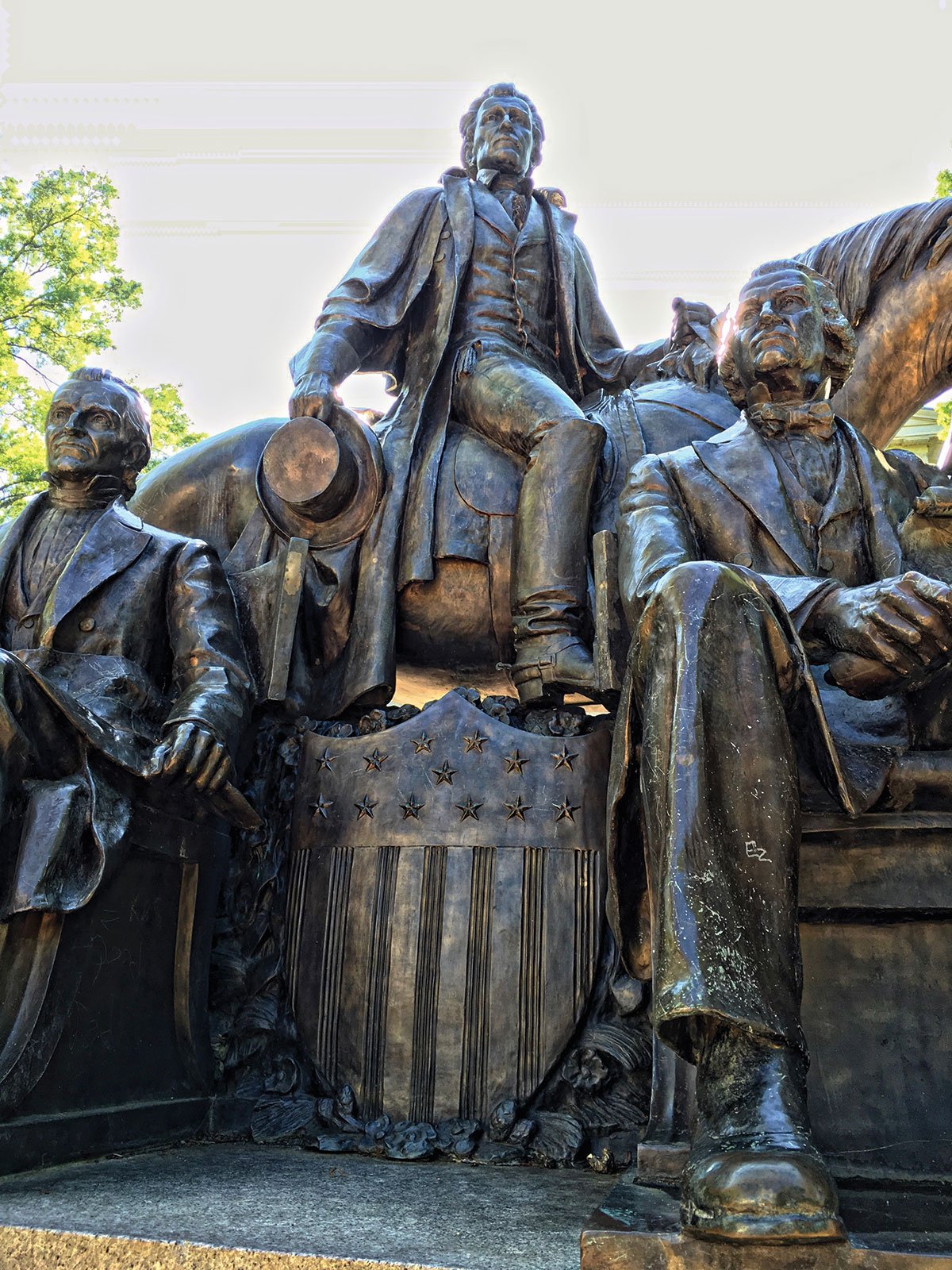
It’s not an exaggeration to say Raleigh’s museums are first-class. Don’t miss the North Carolina Museum of Art (2110 Blue Ridge Road), with its dramatic architecture and Rodin sculpture collection. Located in a 164-acre park with ponds full of water lilies, the museum has brilliantly curated artwork from every era and medium—Roman, Egyptian, African, Jewish, impressionist, modern and even Washington, D.C., artist Sam Gilliam. Lunch at the museum’s Iris Café features inventive cuisine in artistic presentations.
Those seeking cutting-edge art must tour CAM Raleigh (409 W. Martin St.). The gallery is a gathering place for students, guests and professionals to rub elbows and feed off each other’s creativity. CAM curators rotate installations that facilitate human interaction. They often mix genres—music, theater and sculpture—to further engage visitors.
Inside the soaring ceilings of Duke Energy Center for the Performing Arts (2 E. South St.), patrons are impressed both by the building and the wide variety of live performances, including the North Carolina Opera, North Carolina Symphony and Carolina Ballet. Broadway’s biggest shows stop here, too. Before you go, take a look at what’s playing, as the center is easily walkable from downtown Raleigh.
The most fun I’ve had on two wheels was navigating a Triangle Glides Segway (323 Blake St.) through the center of the city. The modern Segway is so intuitive that riding up and down sidewalks and crossing urban streets is effortless. Then there’s Raleigh’s 100 miles of greenway. These protected parks have inspired both a huge cycling culture and a bike-share program in Raleigh.
Kids of every age will be enchanted by Marbles Kids Museum (201 E. Hargett St.), a fanciful structure containing interactive exhibits such as indoor hockey, a giant pirate ship, art loft and STEM station. You’ll have a hard time extracting the family, but they’ll also love William B. Umstead State Park’s (8801 Glenwood Ave.) 22 miles of hiking trails, nature center and canoe rentals on the lake.
Downtown Raleigh features a wide array of boutiques with eclectic gifts, stylish accessories and home decor; most are independently owned and operated. Holly Aiken’s Stitch (20 E. Hargett St.) displays handmade urban totes and messenger bags in fresh chromatic designs. Deco Raleigh (19 W. Hargett St.) is stuffed with darling merchandise guaranteed to enhance the whimsy factor of your home. Flourish Market (713 Tucker St.) sells fair-trade clothing and accessories made by artisans from around the world. North Carolinians have a proud tradition of manufacturing textiles, and Raleigh Denim Workshop (319 W. Martin St.) is producing handcrafted jeans using local materials and neighborhood workers.
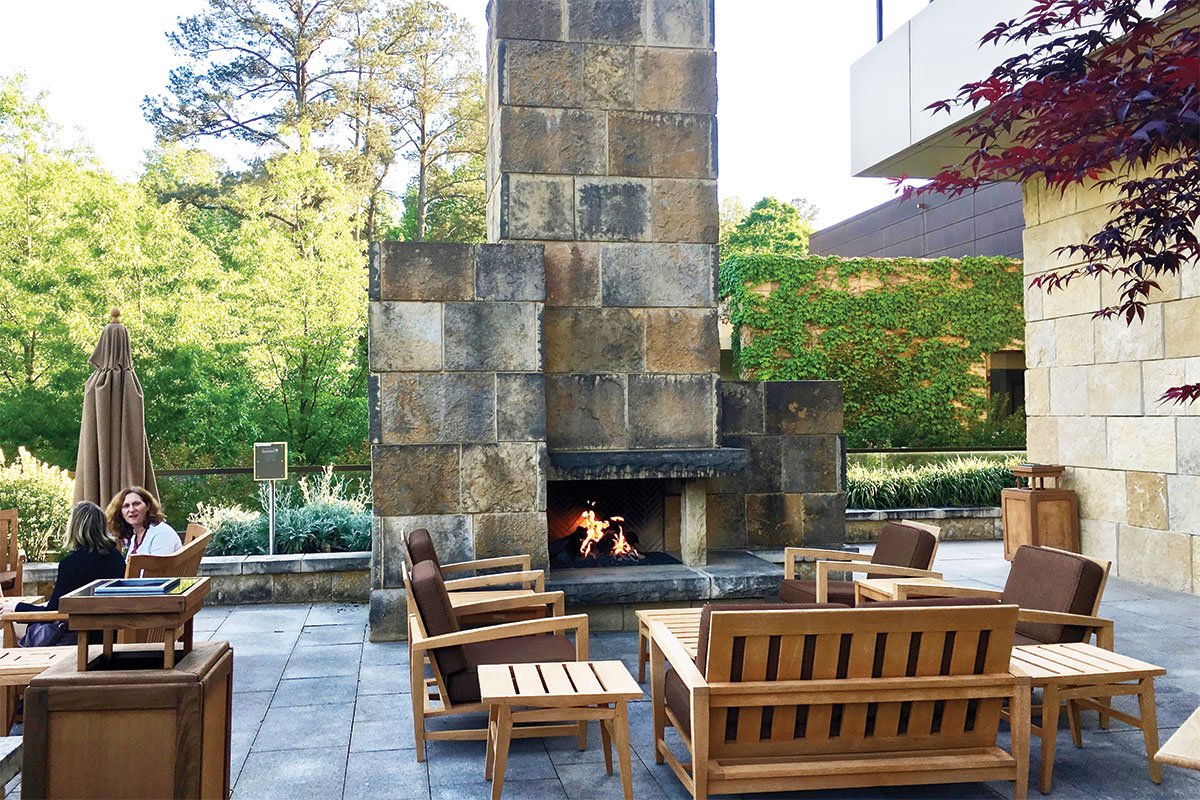
Despite the forward-thinking movement driving development in Raleigh, it’s interesting to look back at North Carolina’s history. In the pre-16th century, nomadic Paleo-Indian tribes lived in the region until the Spanish arrived on their shores in 1566 looking for gold. Then, Sir Walter Raleigh (the city’s namesake) sent 117 pioneers to build a settlement on the North Carolina coast. The Lost Colony of English settlers arrived on Roanoke Island in 1587, and Virginia Dare was the first English child born on the shores of the New World. This community of colonists disappeared from North Carolina in the late 1500s, and few traces have been found. More settlers arrived, and in 1789 the region became the 13th American state. Though a small number of Civil War battles were fought in North Carolina, more than 42,000 died during the conflict. At the turn of the 20th century, Orville and Wilbur Wright chose the sand dunes of North Carolina to fly the first manned airplane. Three United States presidents were born and raised in North Carolina, and you can see their likenesses in a bronze statue in Raleigh’s Historic Capitol Square (rhdc.org). North Carolinians are proud of their history, and the best way to learn about it is to visit North Carolina Museum of History (5 E. Edenton St.), an affiliate of the Smithsonian. This free museum exhibits artifacts (including photographs of Blackbeard the pirate) from the state’s 14,000-year history and hosts regular events for families.
My daughters didn’t end up at colleges near Raleigh, but I still plan to return to investigate the many attractions and restaurants I missed. For a fun getaway weekend full of culture, hospitality and North Carolina barbecue, don’t wait to visit colleges to explore this American treasure.
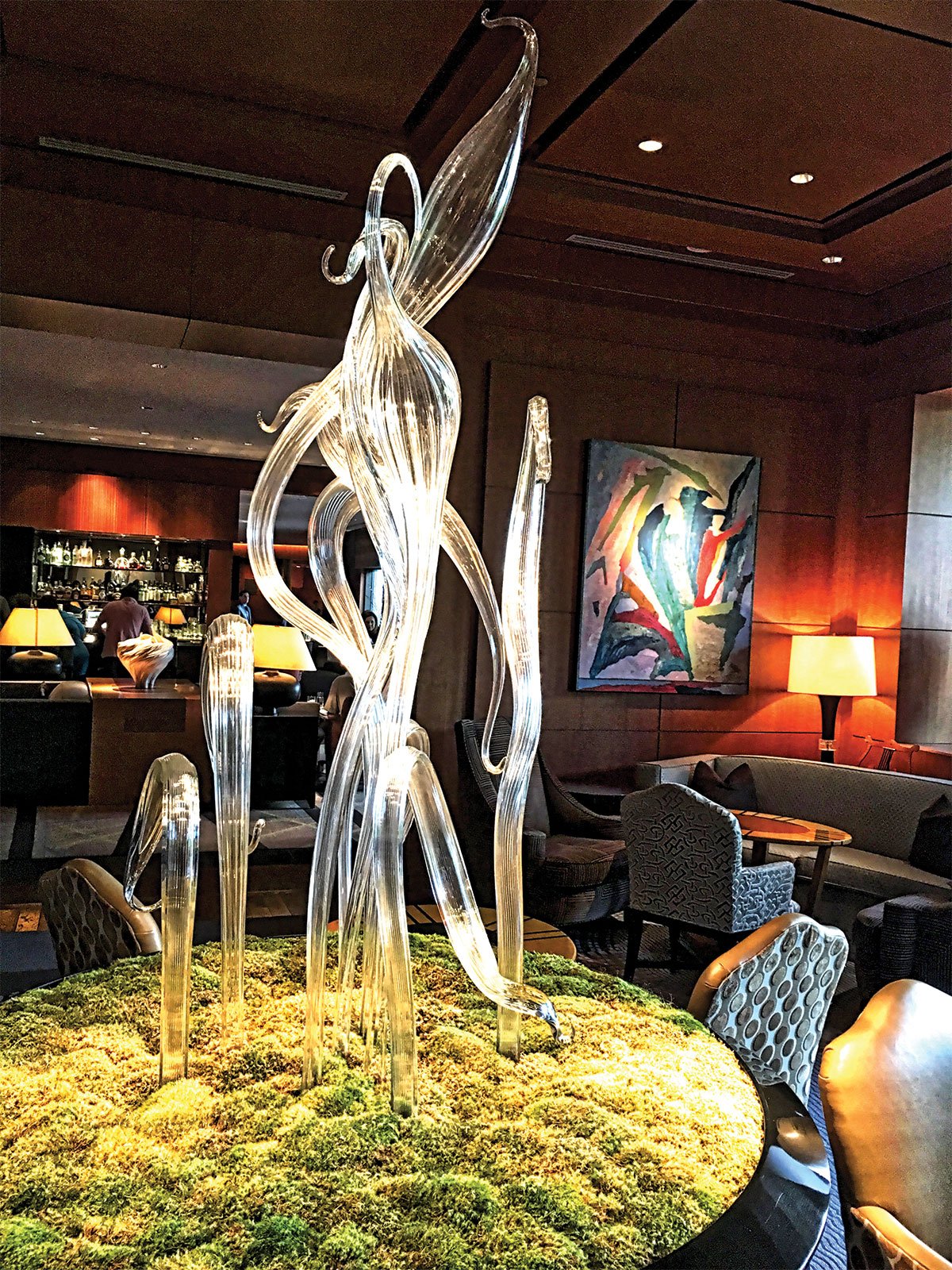
Where To Stay
Umstead Hotel and Spa
This Forbes Five-Diamond resort is the height of luxury and elegance. Approximately 15 minutes from downtown Raleigh, the hotel is near scenic William B. Umstead State Park in the manicured suburbs of Cary. The hotel is surrounded by its own 12 acres of lushly wooded gardens, including a serene lake with meandering walking paths. Rooms and suites are luxuriously appointed, furnished in soft earth tones. Guest rooms have picturesque views, some with balconies overlooking the lake. Suites include a separate sitting room with views of the gardens and a spa-style bathroom. Umstead’s Spa combines treatment rooms, sauna, steam room, meditation gardens and co-ed current pool. Hotel guests enjoy Umstead’s relaxation lounges, fitness center and meditation gardens. Heron’s is a five-star restaurant serving breakfast, lunch and dinner with a full-view kitchen showcasing the preparation of homegrown produce from the hotel’s nearby farm. The chic lobby features a captivating Chihuly sculpture along with vivid contemporary paintings. // 100 Woodland Pond Drive, Cary, NC; 919-447-4000; Rates for two nights start at $860
Raleigh Marriott City Center
Located in the heart of downtown Raleigh, this convention hotel surprisingly maintains a feeling of intimacy and commitment to personal service. It’s just steps from the Capitol Square Historic District, so visitors can walk to Raleigh’s main attractions like the Duke Energy Center for the Performing Arts, North Carolina History Museum, Governor’s Mansion, Moore Square and the North Carolina Museum of Natural Sciences. The Capitol District also has lovely historic buildings, boutiques and restaurants. The Marriott’s modern rooms are spacious and bright, offering streaming of Netflix and Hulu. Marriott’s elegant lobby has a Starbucks, and the Rye Bar & Southern Kitchen serves barbecue ribs, chicken salad and other Southern comfort food. Set aside time to relax by the large indoor pool or work out in fully equipped fitness center. // 500 Fayetteville St., Raleigh, NC; 919-833-1120; marriott.com Rates for two nights start at $480
Hampton Inn and Suites Raleigh Downtown
Located in the vibrant Glenwood South neighborhood, this hotel plants you in the middle of Raleigh’s most popular restaurants, shops, bars and nightlife, including the award-winning Raleigh Beer Garden. Glenwood South is the hip and trendy part of town in what had been warehouses and art supply stores. From here, you can walk a mile to Raleigh’s museum district, Red Hat Amphitheater and historic downtown, or hop on the free R-Line bus. The hotel provides a complimentary breakfast buffet, and all the rooms include free Wi-Fi, coffee maker, microwave and refrigerator. All suites have a sofa sleeper. Be aware that the neighborhood is quite lively and loud at night, so request a quiet guest room on the northwest side of the building (away from Glenwood Avenue). The hotel has an indoor pool and fitness center. // 600 Glenwood Ave., Raleigh, NC; 919-825-4770; Rates for two nights start at $360


